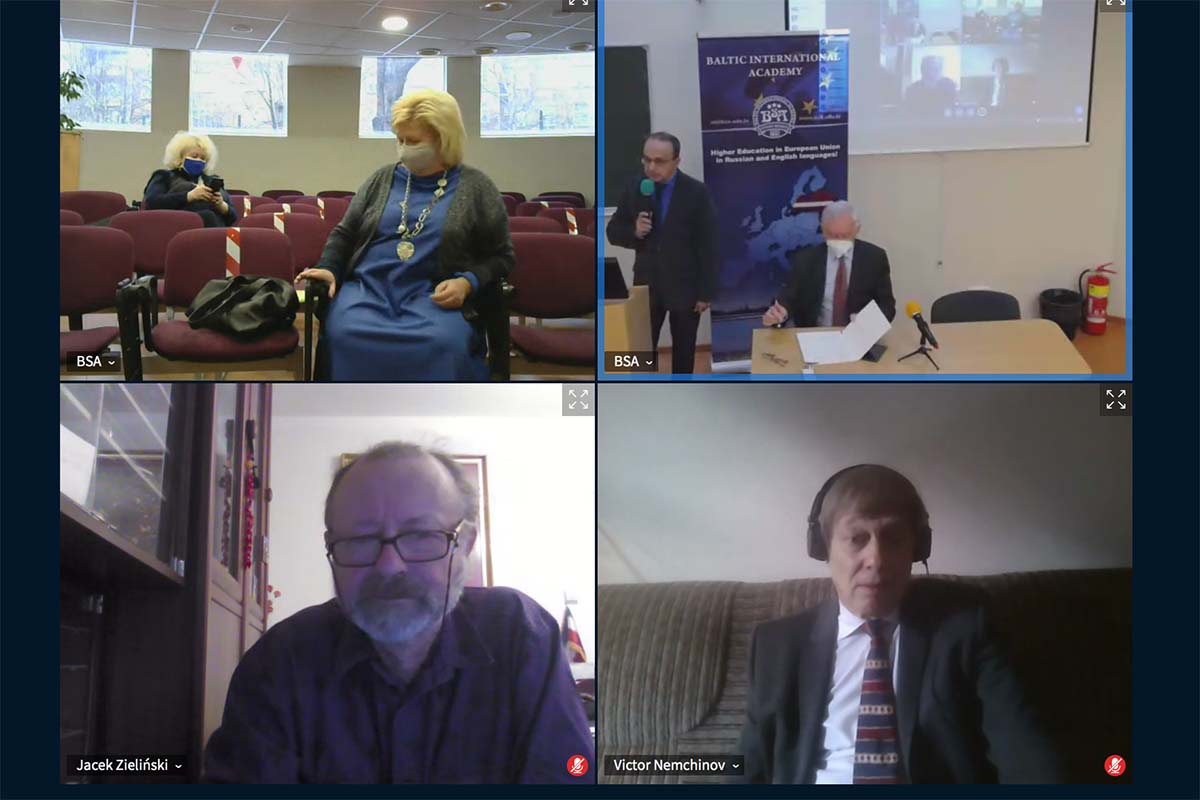
Master student of “Financial Management in the Digital Economy” program Anastasia Proskurina comes to the rescue of business financial planning
15 December 2020
Representatives of Saint-Petersburg University of Management Technologies and Economics presented the results of their scientific research at the IX International Online Conference "Society Transformations in Social and Human Sciences" in Riga.
Master student Anastasia Proskurina and her scientific advisor Anna Rumyantseva, assistant professor of the Department of International Finance and Accounting, presented the results of a study that demonstrates problems and opportunities of digital transformation in finance at the IX International Online Conference "Society Transformations in Social and Human Sciences", which was held in Baltic International Academy (Riga, Latvia) December 11-12, 2020. In the research, the authors have identified new challenges of financial planning faced by business. Most of the problems connected with insufficient digital infrastructures in planning, which directly affects the financial results of companies. However, the authors found a solution to these problems. They proposed ways of digital transformation and specific services that will significantly increase the efficiency of any business. Financial management in the digital economy is one of Anastasia's main interests and the master's degree at UMTE gives her fundamental knowledges and skills that she applies in her professional and scientific activities. Anastasia is still studying but she has already been able to propose measures that can help the business move to a new stage of development. This year the conference brought together over 100 people from 11 countries of the world - Latvia, Lithuania, Ukraine, Poland, Cyprus, Russia, Romania, Turkey, Belarus, Norway, Estonia. The conference included a plenary session and sessions of seven sections. Working languages of the conference were Latvian, English, and Russian.